I am totally new to VBA and was asked to create a function that adds the numerical values of two cells.
I came up with the following, but I am given the message
Compile Error: Cannot assign to array, with
Additionex
at the bottom marked as the problem…
Could anybody help out?
Function Additionex(num1 As Double, num2 As Double) As Double()
Dim num3 As Double
num3 = num1 + num2
Additionex = num3
End Function
